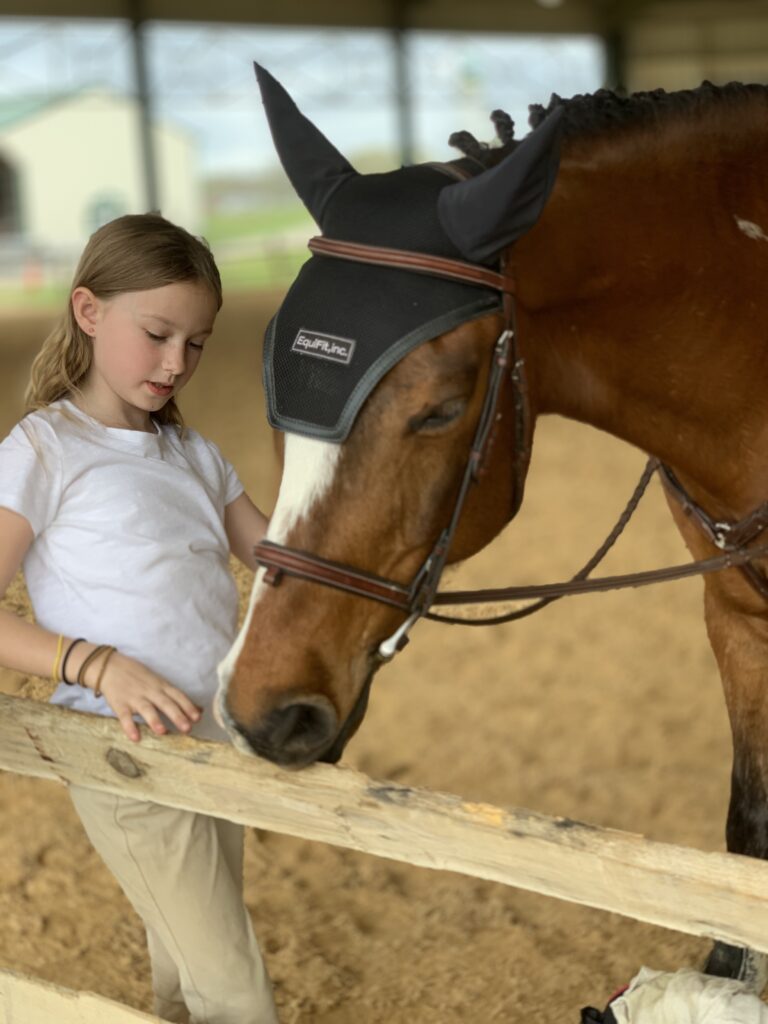Set Expectations- and cushion when you forget

Preventative defense.
Let your students know boundaries and expectations for as many pieces of your classroom as possible.
I have an analogy I like:
Let’s say you’re inviting someone over to a family dinner event at the home of a relative. You may think dinner is dinner. But dinner with your family is a separate experience with separate expectations. You may have a strict rule about no phones at the table- or one of your family’s favorite games might be a guessing game with phones. You may be a “only hosts in the kitchen” house to prevent chaos in the kitchen. Or, you may be a “consider this your home” house where people get their own drinks from the fridge. You may have a rule of everyone gathering quietly before eating- or an understanding of dig in while it’s hot. All are norms, and all would be helpful for a guest to know before joining the festivities.
Classrooms are similar. We might think a classroom is a classroom. But each of us has different expectations, different comfort levels with noise and activity, different notes about student expectations when their pencil breaks or they have an immediate need for a tissue.
For everyone’s comfort and confidence, we set out expectations as clearly as possible- and not once, but many times. We set expectations, repeat expectations, have students share classroom expectations aloud, repeat them during any change to the schedule, and we make reminders upon return from holiday.
We set expectations, and we repeat them.
At times, we realize we forgot to share an expectation that seems so obvious to us- like, of course you don’t sharpen pencils while one of your classmates is sharing (a great time to discuss One Classroom Rule, and to clarify or create an expectation).
When we forget to share an expectation, we see that as our own miss, NOT the student’s miss. We do not take that time for a power struggle or a moment to set an example in the student’s embarrassment. We let the moment move along, and we address the expectation later- stating aloud it is our miss and also our expectation from here on out.
A Parenting Connection- Set Expectations, and Give a Cushion

I was listening to a podcast the other day. A very well-meaning dad was recounting a phone struggle moment. The family was out to dinner. The child was texting a friend at the start of the meal. The parent said to put the phone down now. The child wanted to say goodbye to the friend before releasing the phone. Dad grabbed the phone from the child and was glad to have stood his ground.
I get it, and I promise I am not here to judge. I want to offer another option:
The family was out to dinner. The child was texting a friend at the start of the meal. The parent said to put the phone down now. The child wanted to say goodbye to the friend before releasing the phone. The parent says that in 30 seconds the phone must be put away for the rest of the meal/ until everyone arrives home/ until whenever. The next day, in a calm moment, there is a discussion about rules around the phone when all are out to dinner (phone put away before entering a restaurant, phone left at home when leaving for a gathering, etc.). And, there is a discussion of consequences when the rule is not followed (lose privileges for a day/week, phone in parent’s possession at meals, phone at home when going to a gathering, etc.).
If you let the child have a moment- that 30 seconds of cushion- they are spared the embarrassment in front of the friend with whom they were texting. The child gets a moment to see that you are willing to see the miss as a parental responsibility as well. Everyone skips a power struggle, a wrenching of the phone from the child’s hands- likely to upset the meal anyway.
What are my expectations?

I find myself in the classroom and as a parent thinking, “Isn’t is obvious?!” Yes, to a person with my rules, in my space, with my background, it is obvious. But, those are MY rules, and MY space- NOT universal rules and universal space.
We all have our norms. They may be so firmly our norms that we think they are THE norms. Step into a subway or a restaurant in another country, and we are quickly reminded that norms are distinct- and fascinating!
The most fun part IS figuring out our norms- a compelling investigation. What is normal and okay to me? What is normal and okay for other teachers? What is normal and okay for different students?
Really, you’re okay with kids standing during class? Really, doesn’t jazz feel like a distraction during math class? Really, you let kids get up and go the bathroom at any time? Really, you let kids talk in the hallway? Really, you let kids work independently when you said group project?
It is fair to create a classroom of our norms and hold people to those expectations.
But, before we hold people to our expectations, we must figure out what our expectations are- and communicate them.
And, we need to recognize when our expectations were not clear, and allow a cushion for ourselves and for our students.






